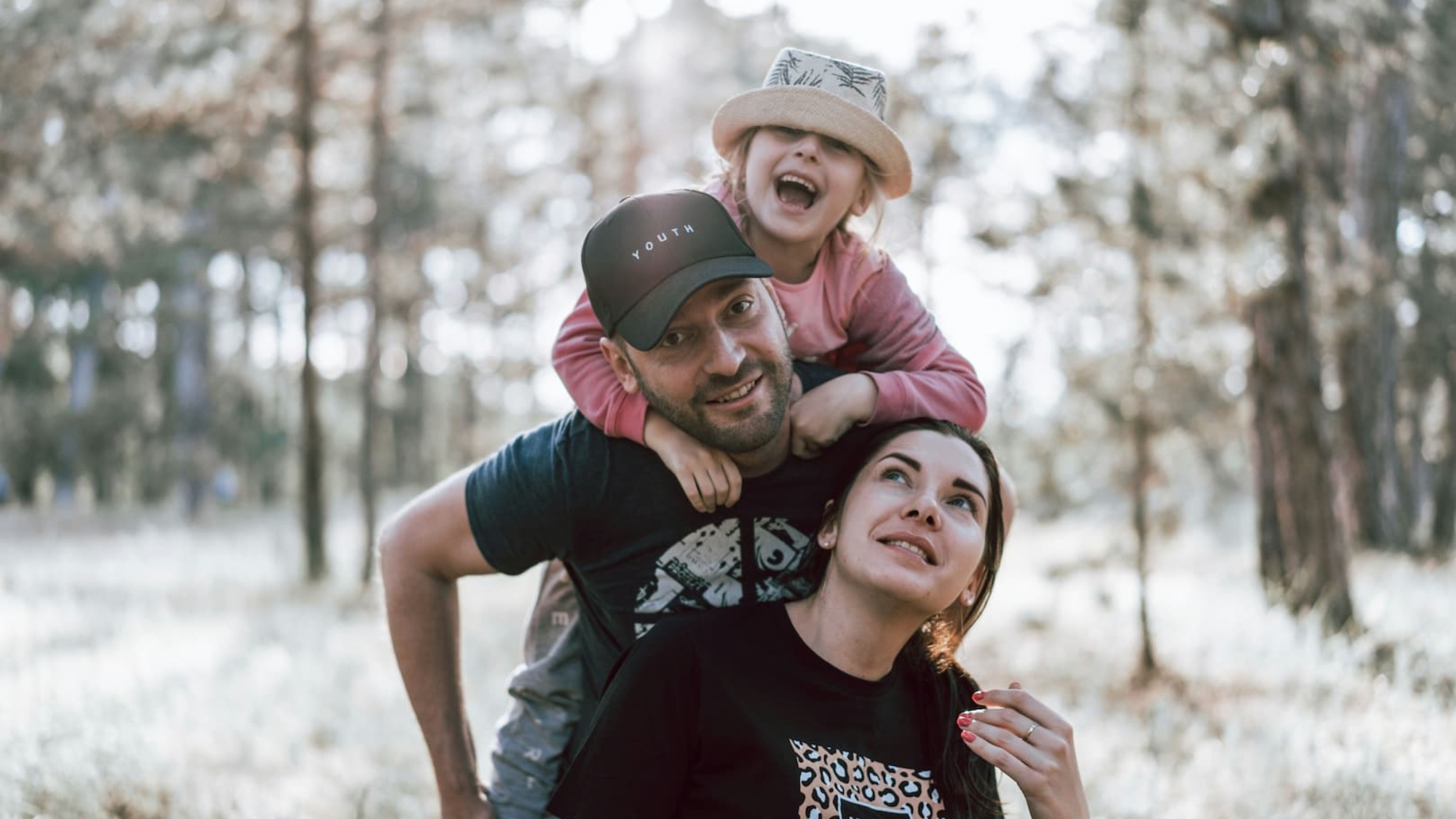Palm Beach Therapy Center – Boca Raton, FL
The Importance of Positive Parenting
Positive parenting is more than a method of raising children—it can also be a deeply transformative journey for parents themselves. At its heart, positive parenting emphasizes empathy, connection, and respect, creating a nurturing environment where both children and caregivers can thrive. For many adults, adopting this approach not only benefits their children but also serves as a powerful tool for healing their own inner child—the vulnerable, impressionable part of themselves shaped by early life experiences.
At Palm Beach Therapy Center, we specialize in helping families establish and maintain healthy boundaries—with children and with other family members whose behaviors may be disrupting your family dynamic. If you’re seeking support, we invite you to schedule an appointment by calling us at (561) 485-4633.
The concept of the “inner child” refers to the emotional memory of one’s childhood. It includes both joyful and painful experiences, as well as unmet needs or wounds that may still influence behavior and relationships in adulthood. Psychologist John Bradshaw popularized the term in his work on family systems and emotional healing, explaining how unresolved childhood trauma can carry over into adult life, often manifesting as anxiety, depression, or difficulty in relationships (Bradshaw, 1990). For those who experienced neglect, harsh discipline, or emotional invalidation growing up, parenting in a positive, conscious way can become a path to reparenting themselves—providing the safety, kindness, and acceptance they may have missed.
Positive parenting invites adults to interact with their children from a place of mindfulness and emotional awareness. This often involves pausing to reflect before reacting, validating emotions, and guiding rather than punishing behavior. According to Siegel and Bryson (2011), authors of The Whole-Brain Child, these practices not only support healthy child development but also activate neural pathways that can promote healing in adults. When a parent responds to a child’s tantrum with calm and compassion, for instance, it challenges internalized messages like “big emotions are not okay” or “I must be perfect to be loved.” In this way, each compassionate response becomes a small act of self-repair.
Moreover, parenting with empathy can surface buried emotions or patterns inherited from one’s own caregivers. Rather than repeating these patterns unconsciously, positive parenting encourages introspection and emotional regulation. As adults choose more nurturing responses for their children, they begin to internalize those same messages for themselves. Kristin Neff’s research on self-compassion reinforces this idea, showing that people who practice compassion toward their struggles are more resilient and emotionally healthy (Neff, 2011). By extending to themselves the same patience and understanding they offer their children, parents begin to mend old emotional wounds.
Positive parenting doesn’t require perfection. Mistakes and moments of frustration are inevitable. However, the emphasis on repair—coming back to the child to apologize, connect, and try again—mirrors the very process needed for healing one’s inner child. According to Dr. Dan Siegel, these moments of repair are actually more impactful than getting it right all the time, because they model emotional growth and teach children that relationships can survive rupture and restore connection.
In summary, positive parenting serves as a bridge between nurturing the next generation and healing the past. By offering their children the emotional presence and support they may have lacked, parents can also offer those same gifts to themselves. It is through this gentle, conscious effort that many come to rediscover the joy, creativity, and authenticity of their own inner child—finally seen, heard, and held.
References:
- Bradshaw, J. (1990). Homecoming: Reclaiming and Championing Your Inner Child. Bantam Books. Find on Amazon
- Neff, K. (2011). Self-Compassion: The Proven Power of Being Kind to Yourself. William Morrow. Find on Amazon
- Siegel, D. J., & Bryson, T. P. (2011). The Whole-Brain Child: 12 Revolutionary Strategies to Nurture Your Child’s Developing Mind. Delacorte Press. Find on Amazon



